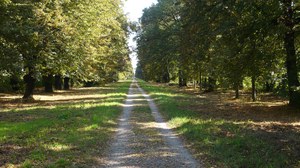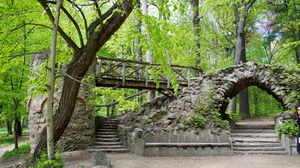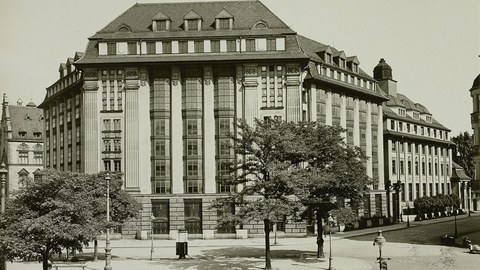Inter-Institutional Cooperations
Dresden is an attractive location for regional history. This is one of the reasons why the Chair of History of Saxony at the TUD maintains numerous inter-institutional cooperations.
 © Gemeinfrei. fancycrave.com
© Gemeinfrei. fancycrave.com
Inter-Institutional Cooperations
Dresden is an attractive location for regional history and rich in tradition. The first associations such as the Königlich Sächsische Altertumsverein (1992: re-established as the Verein für sächsische Landesgeschichte) or the Dresdner Geschichtsverein date back to the middle of the 19th century. Dresden is also the origin place of the Gesamtverein der Deutschen Geschichts- und Altertumsvereine, founded in 1852, which still publishes the Blätter für deutsche Landesgeschichte today.
While university teaching and research on Saxon regional history has been institutionalized in Leipzig since the early 20th century, Dresden has always benefited from its active association life, a rich cultural offering and the locational advantages of a former royal seat. The Royal Collections in particular, which included a library with an excellent reputation, encouraged scholarly research into the past of the city and region from an early stage. As the successor to the Royal Library, the SLUB maintains close relations with the Dresden Chair and is regularly present with teaching formats for researching collections and digital data management. The proximity to the Saxon State Archives - Hauptstaatsarchiv Dresden also offers historians and students an enormous wealth of material. Last but not least, the archive of the TUD Dresden University of Technology, which was founded in 1828 as the Königlich-Technische Bildungsanstalt zu Dresden, also offers a rich collection of sources for Saxon state history.
The Institut für Sächsische Geschichte und Volkskunde (ISGV), a non-university research institute founded in 1997, is of particular importance to Dresden. Digital methods and the open access publication of research data and results play a prominent role here. Other important research institutions with which the Chair works closely are the Sorbian Institute in Bautzen, the Hannah Arendt Institute for Totalitarianism Studies in Dresden, the Dresden State Art Collections, the State Palaces, Castles and Gardens of Saxony and the Dresden City Archives and City Museum.





